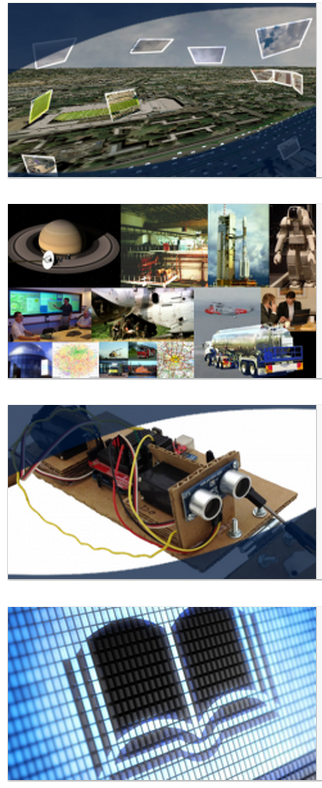The most important education technology in 200 years
November 3, 2012
Education is about to change dramatically, says Anant Agarwal, who heads edX, a $60 million MIT-Harvard effort to stream a college education over the Web, free, with plans to teach a billion students, Technology Review reports.
“Massive open online courses,” or MOOCs, offered by new education ventures like edX, Coursera, and Udacity, to name the most prominent (see “The Crisis in Higher Education”) will affect markets so large that their value is difficult to quantify.
A quarter of the American population, 80 million people, is enrolled in K–12 education, college, or graduate school. Direct expenditures by government exceed $800 billion. Add to that figure private education and corporate training.
At edX, Agarwal says, the same three-person team of a professor plus assistants that used to teach analog circuit design to 400 students at MIT now handles 10,000 online and could take a hundred times more.
Coursera, an alliance between Stanford and two dozen other schools, claims that it had 1.5 million students sign up.
Changing the world
The rise of the MOOCs means we can begin thinking about how free, top-quality education could change the world.
Khan’s videos are popular in India, and the MOOC purveyors have found that 60 percent of their sign-ups are self-starters from knowledge-hungry nations like Brazil and China. Nobody knows what a liberal application of high-octane educational propellant might do. Will it supersize innovation globally by knocking away barriers to good instruction? Will frightened governments censor teachers as they have the Web?
The eventual goal isn’t to stream videos but to perfect education through the scientific use of data. Just imagine software that maps an individual’s knowledge and offers a lesson plan unique to him or her.
